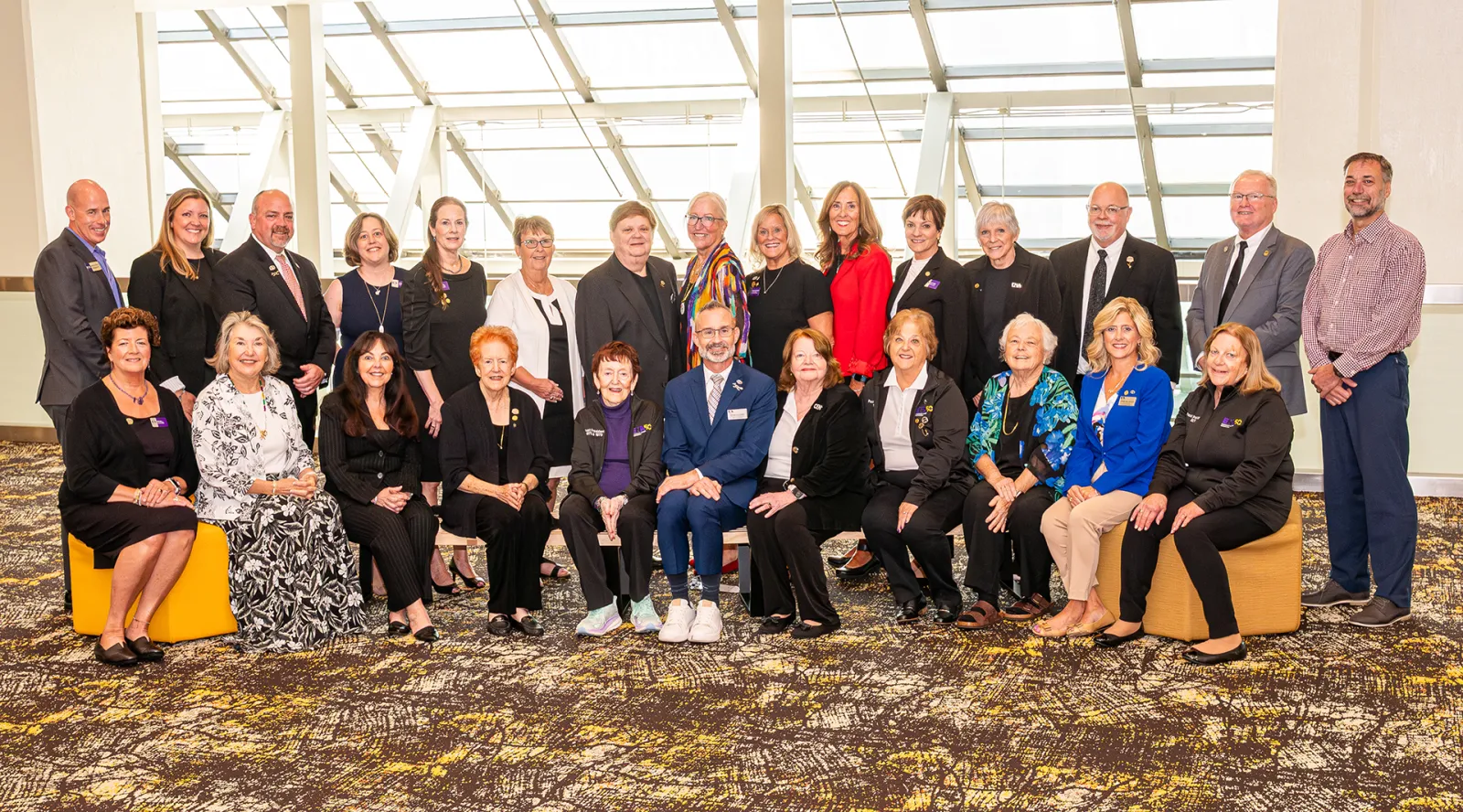Breadcrumb
Leadership and Governance
Leadership
2025 Board of Directors
Elected by ENA members, the ENA Board of Directors provides governance and strategic direction for the association to lead the advancement of excellence and innovation in emergency nursing through research, education, resources, advocacy and collaboration.
Meet the 2025 ENA Board of Directors
ENA Senior Leadership
ENA's Senior Leadership Team supports the ENA Board of Directors and leads ENA staff members.
Meet ENA's senior leadership team
Past Presidents
The ongoing success of the organization is attributed to the continued support and dedication of ENA past presidents and their meaningful participation in ENA leadership.

Governance
Read ENA's governing documents and learn about General Assembly.
General Assembly
The ENA General Assembly is the principle body responsible for developing policies and positions and providing direction for matters relating to emergency nursing; communicating member needs to the ENA Board of Directors; providing input to the ENA Board of Directors on issues relating to the practice of emergency nursing; and adopting procedures governing the operation of the General Assembly.
The General Assembly consists of no more than 700 voting delegates, including those from ENA's global delegation. Each state council and global delegation has the right to appoint two voting delegates, one of who shall serve as state captain, as well as one nonvoting alternate delegate. The remaining state and global delegates will be allocated based on the percentage the delegation is to the association's overall membership, determined annually as outlined in procedures.
Learn more about ENA's General Assembly here